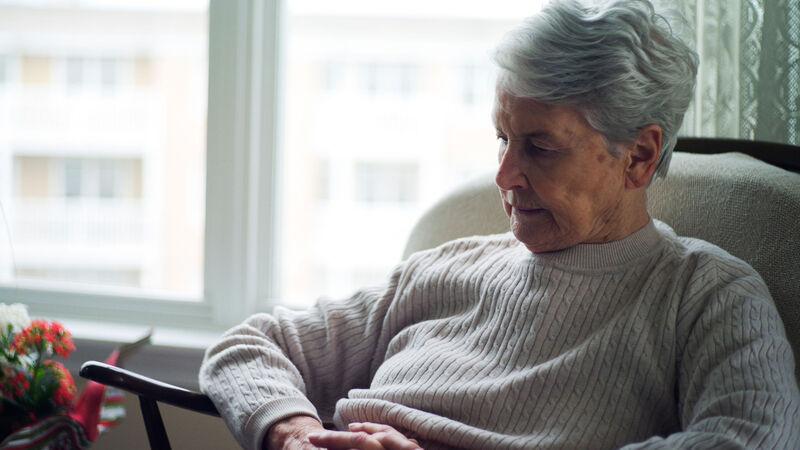Irish Examiner view: Dearth of age-attuned healthcare

The Irish Longitudinal Study on Ageing's latest report highlights gaps in heart disease care, falls and fracture care, osteoporosis treatment, chronic pain, as well as mental health services. Stock picture
The stark challenges of our ageing population were outlined in detail on Tuesday in the by Niamh Griffin. She outlined the implications of a report which has revealed frightening gaps in health services available to older Irish citizens.
The report, the latest of its kind from Tilda (The Irish Longitudinal Study on Ageing) highlights gaps in heart disease care, falls and fracture care, osteoporosis treatment, chronic pain, as well as mental health services.
















